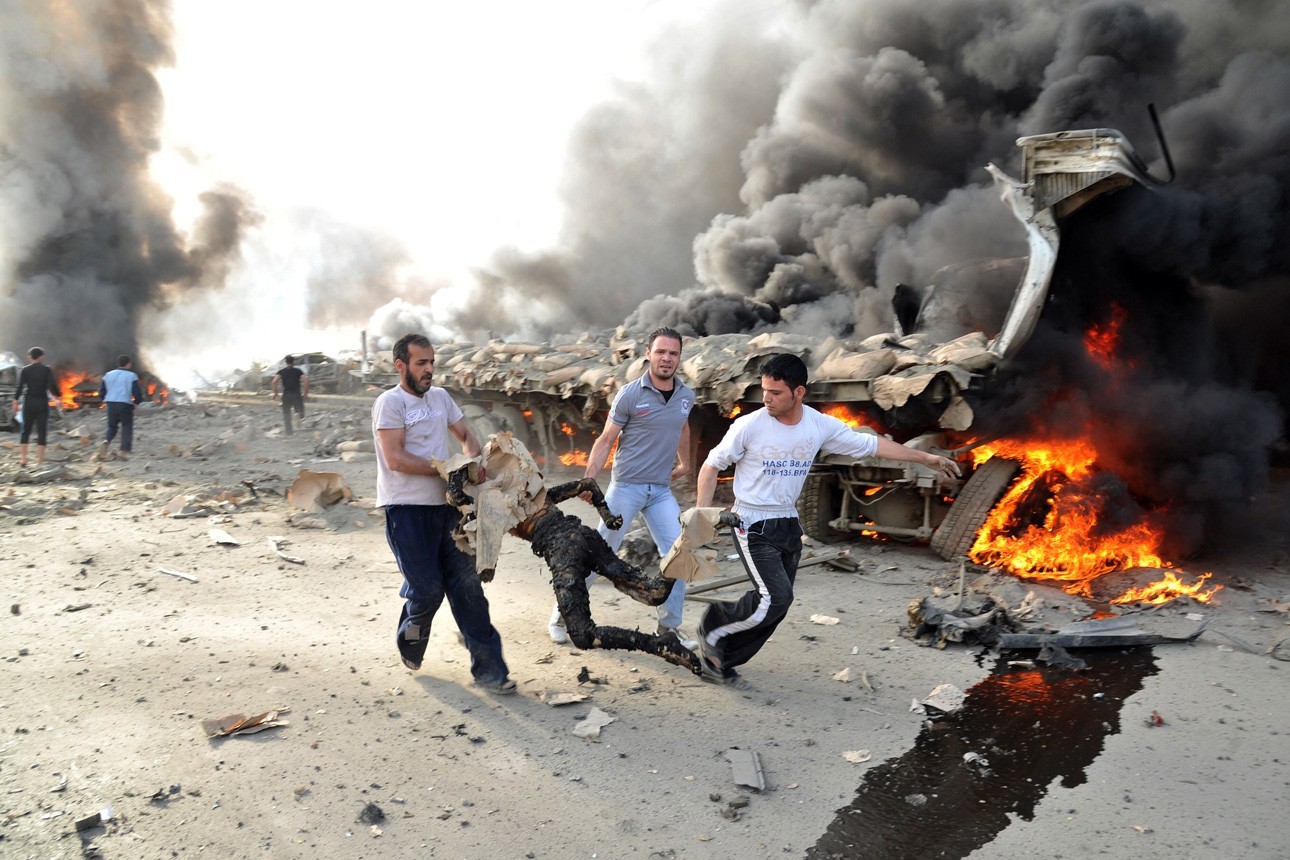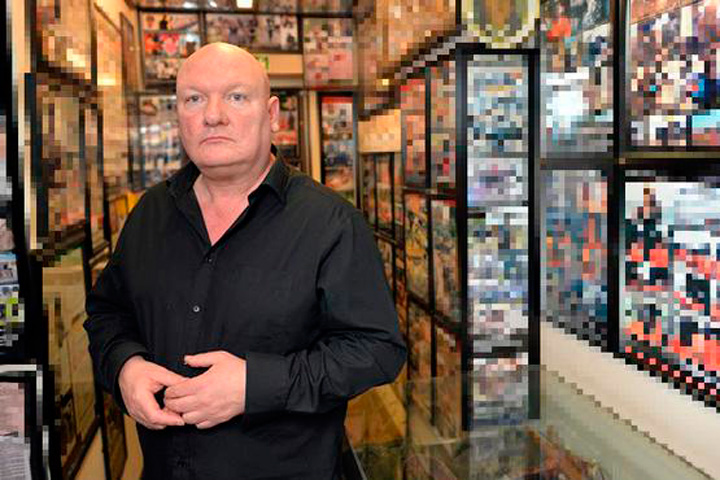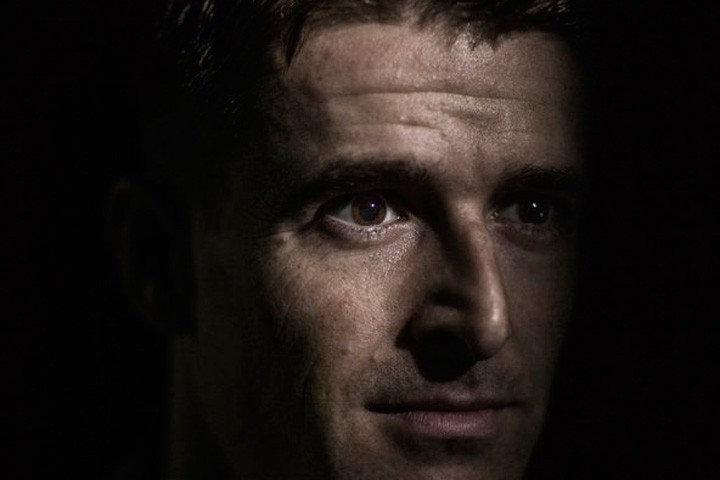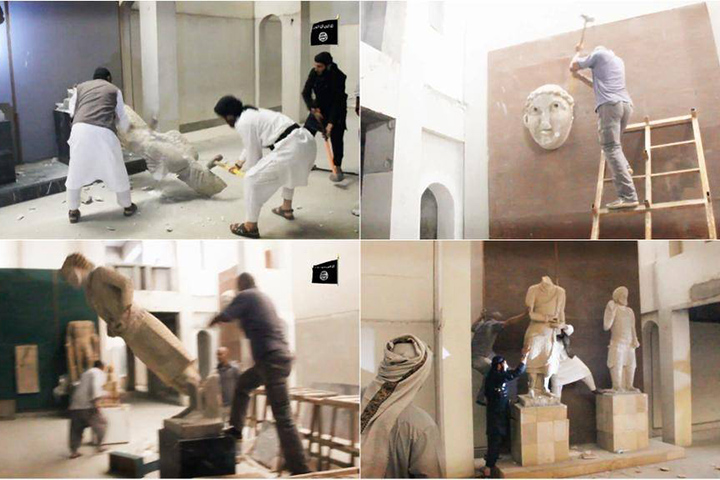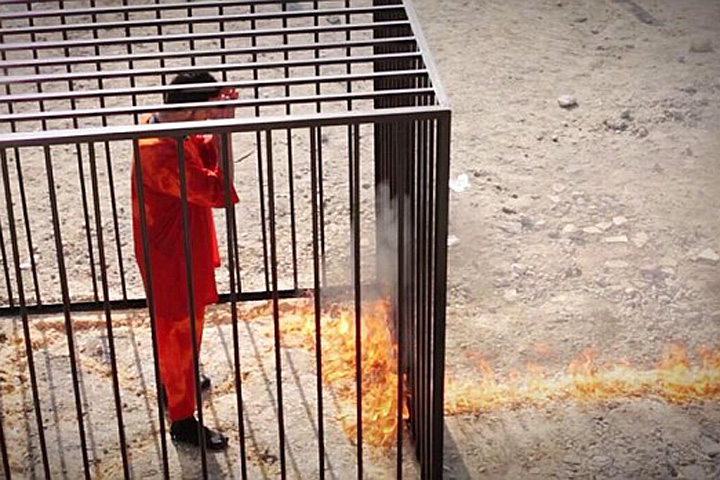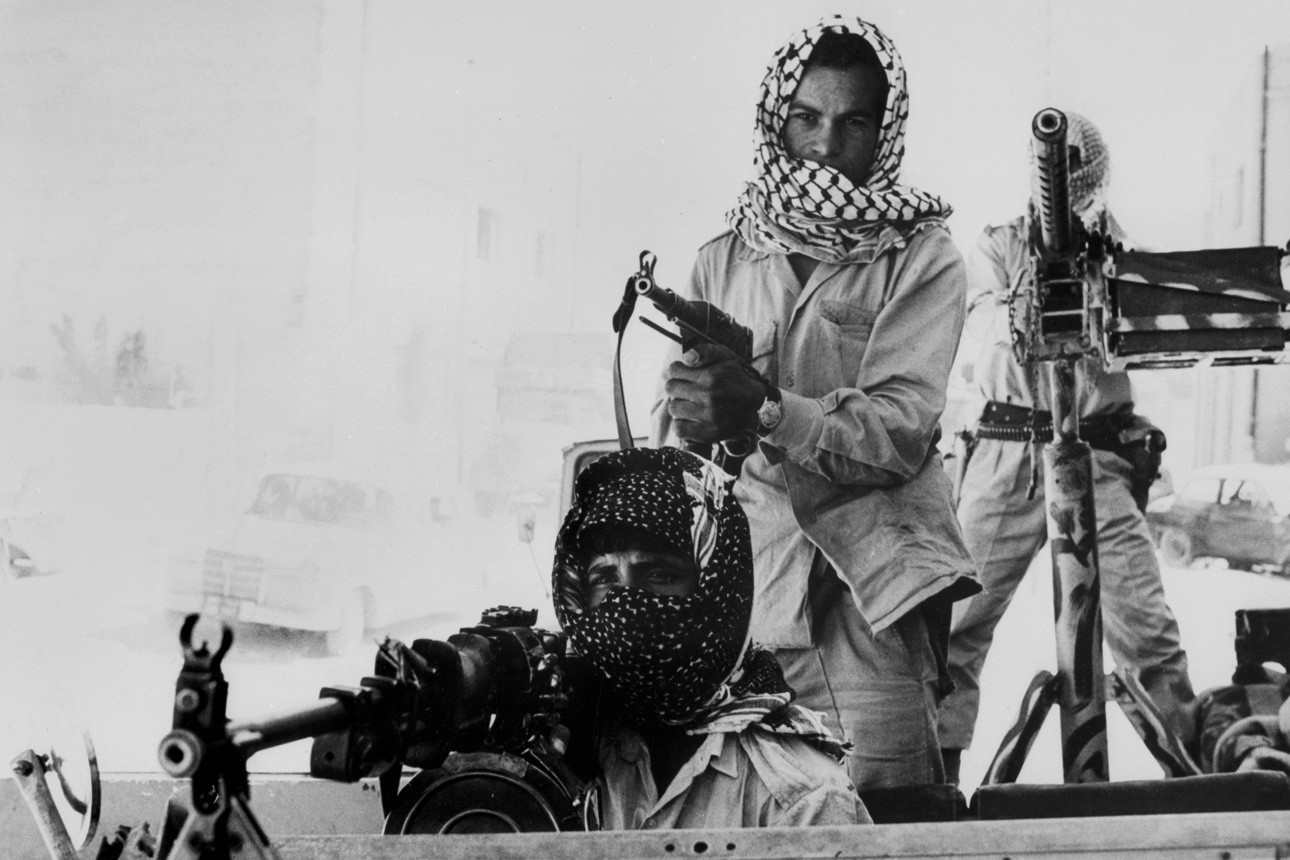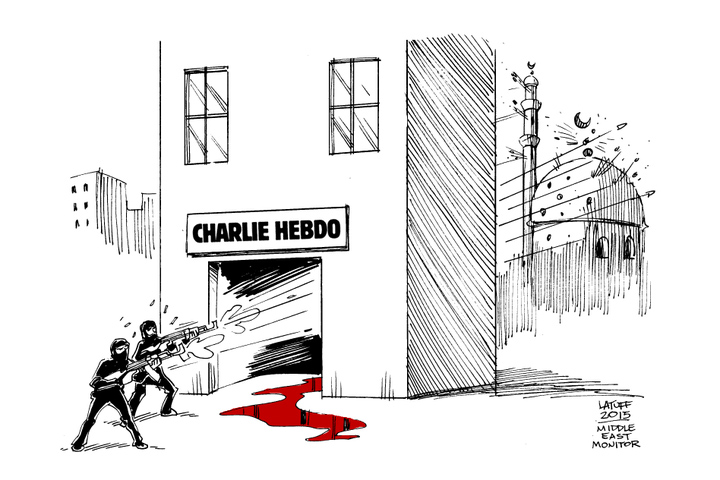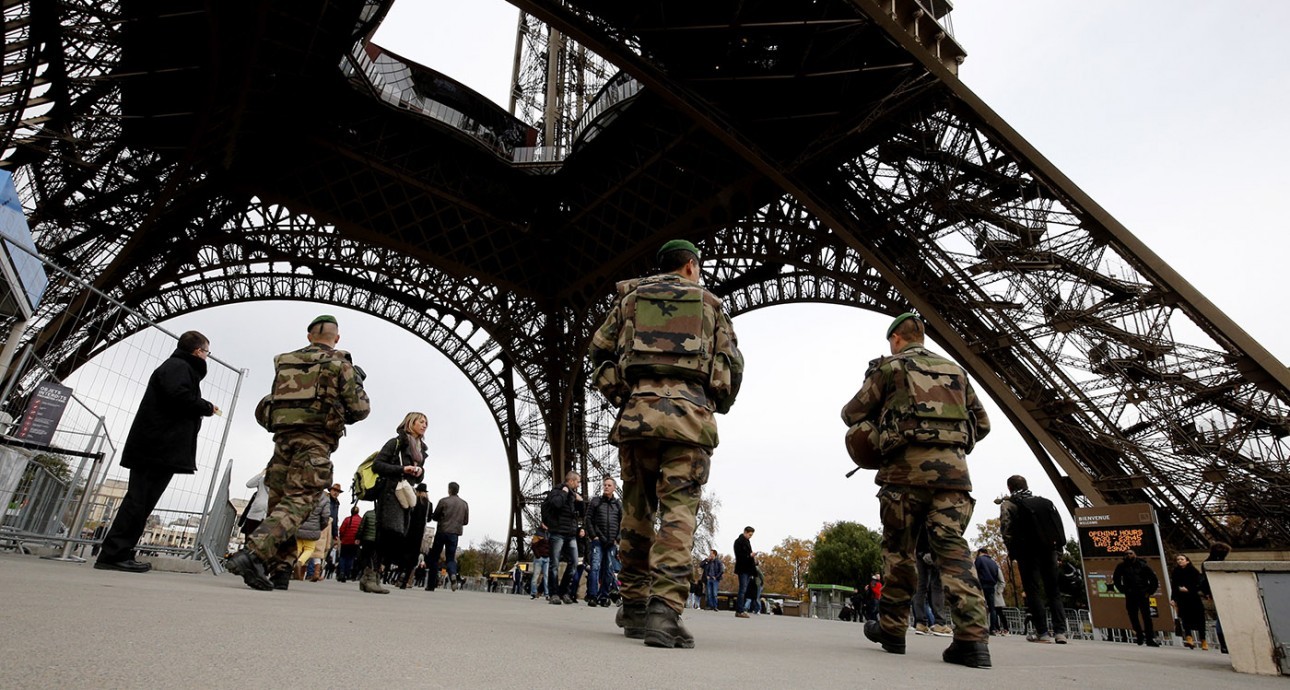
10 Questions About the Paris Terror Attacks
What Happened?
Tonight the terrorists performed several coordinated attacks in public places. By Saturday afternoon we know that 153 people are dead and more than 180 are wounded.
Three quarters of the victims were attending the gig of an American band called Eagles of Death Metal at the Bataclan concert hall, where four attackers opened fire from automatic and pump action shotguns. Three of them later blew themselves up with explosive belts, and one was killed during the special forces operation.
There were also explosions near Stade de France stadium where France was hosting Germany. It is reported that there was at least one suicide bomber and four people died.
More than forty people were killed from shooting at the La Belle Équipe bistro, Casa Nostra Italian restaurant, the Cambodian cafe Le Petit Cambodge and Le Carillon bar.
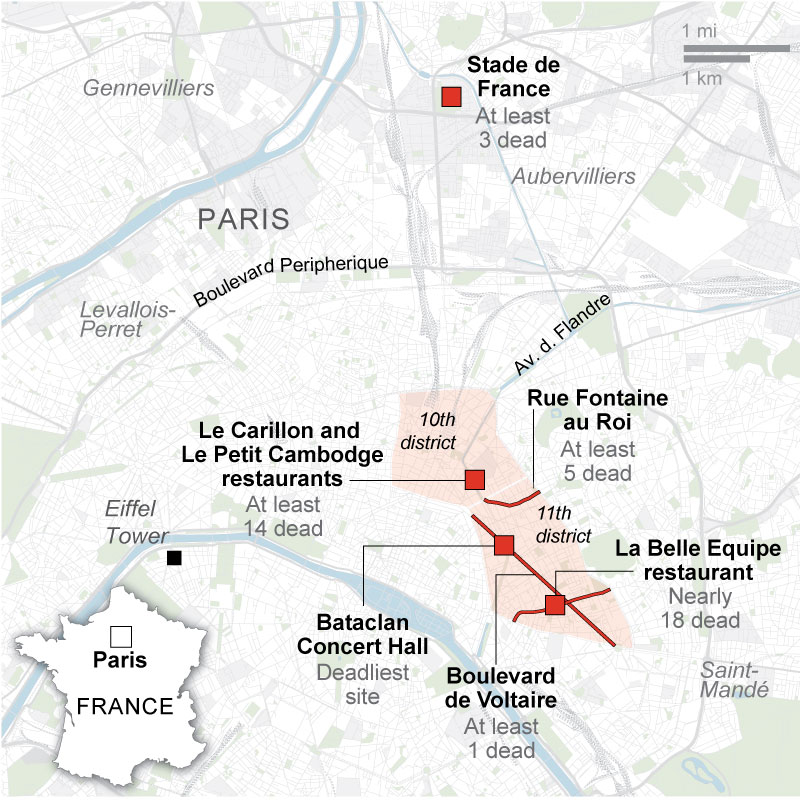
Is It Still Dangerous?
Yes. According to the police reports, four attackers died in the concert hall, three at the stadium, and one was killed in the street of east Paris. If the attacks were simultaneous, and not a series of consecutive crimes perpetrated by one group, it is likely that some of the same perpetrators who shot people at the restaurants.
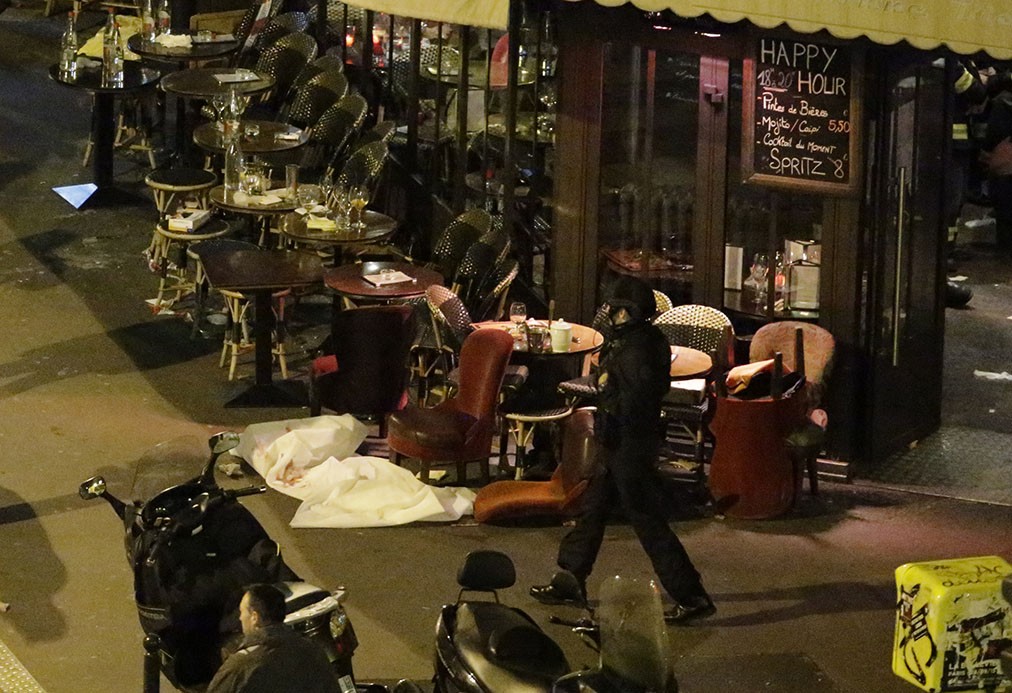
Were the Terrorists Muslim?
One of the survivors told Radio France that the attackers were shooting at people while shouting “Allahu Akbar”.
Radio presenter Pierre Janaszak spent two hours hiding in the bathroom of Bataclan before the police freed him. In his AFP interview, he said he heard the terrorists talk to the hostages: "I clearly heard them say 'It's the fault of Hollande, it's the fault of your president, he should not have intervened in Syria'. They also spoke about Iraq."
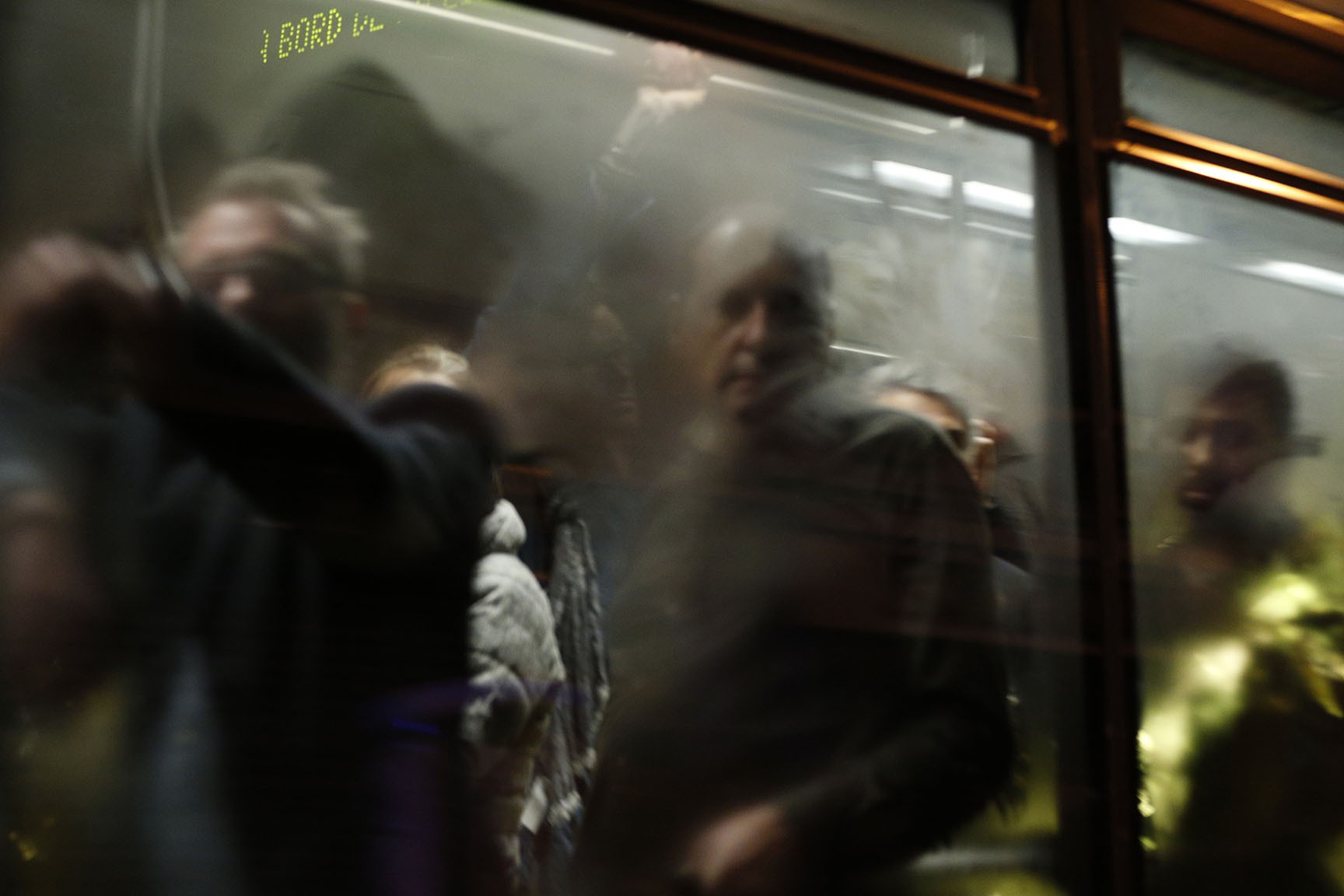
Is the Islamic State Responsible?
The information that one of the attackers was captured by the police and reported about their affiliation with ISIS was not confirmed.
On Saturday afternoon President Hollande called Paris terror attacks “an act of war that was committed by a jihadist army against France”, but it is not yet clear, what this declaration was based on. Half an hour after Hollande’s speech, ISIS France took responsibility for the terror attacks.
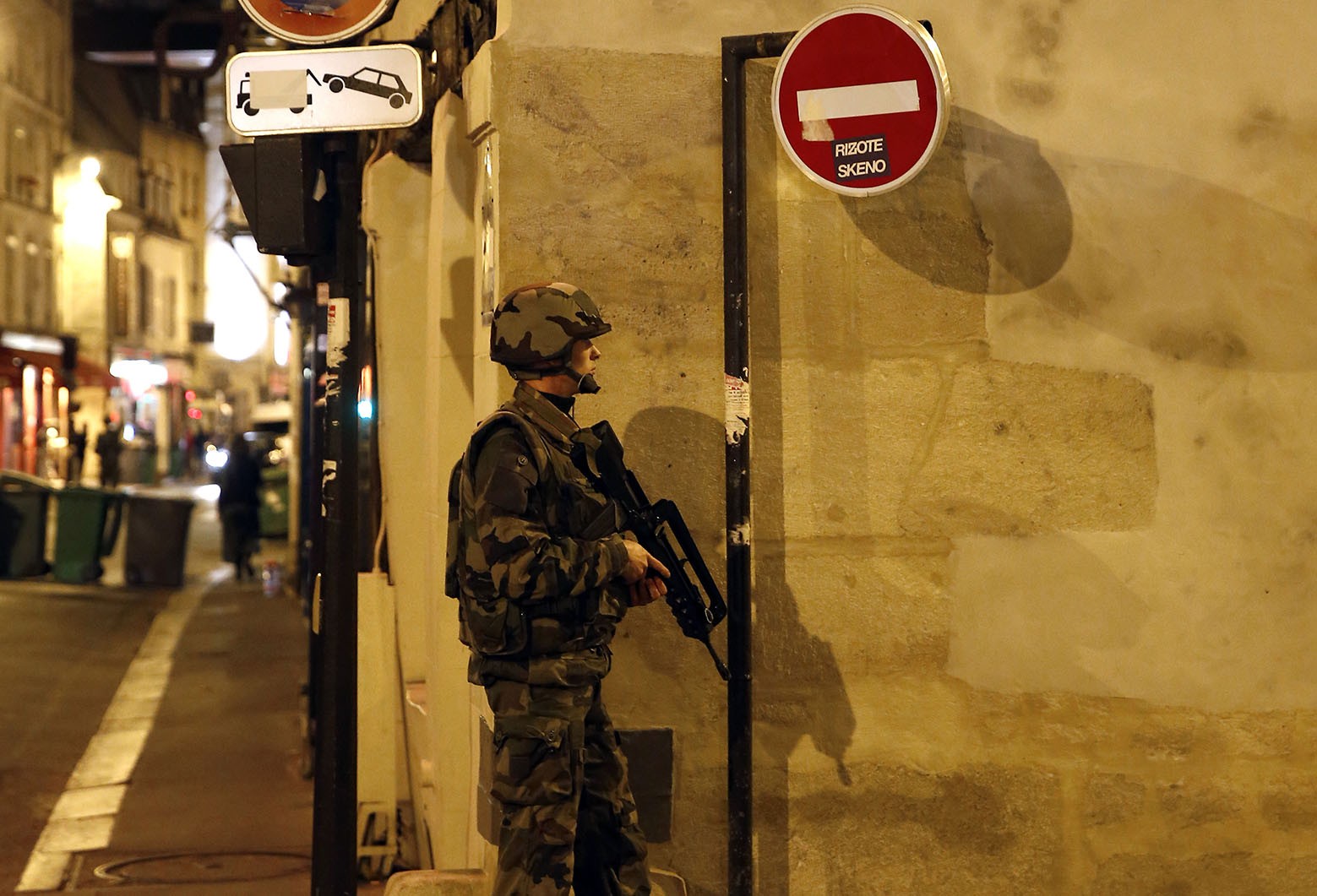
Were They Syrian Refugees?
It is not very likely. It looks like the operation was planned in detail, the attacks were carried out in several locations. The attackers were well-armed, had explosives, and, according to the witnesses, were wearing bulletproof vests. It is hard to imagine that this kind of equipment was brought to Paris via the usual route of the refugees from Syria via Turkey and several European countries. It would have been even more difficult for the new migrants to find it in France, with its strict laws about the possession of firearms.
What Could the French Be Revenged For?
France is a member of the coalition created by the US to counter ISIS. French planes have struck militants’ positions in Syria three times: on September 27, October 9 and November 9. The latest target was an ISIS oil facility not far from the Iraq border. In early November, France Security Council announced that their warships, headed by the flagship Charles de Gaulle, headed to Syrian shores.
France’s intervention into the affairs of Islamic countries in North Africa, where a large part of its colonial empire was before the 20th century, is traditionally active. In 2011, twelve ships of the French Navy, and more than fifty planes and helicopters, participated in holding the no-fly zone above Libya and air strikes on Gaddafi’s army.
At the beginning of 2013, the French army, at the request of Malian authorities attacked the tuareg rebels and the members of radical Islamic groups in the north of the country. Also in July 2014 it was announced that the operation is completed, Mali units.
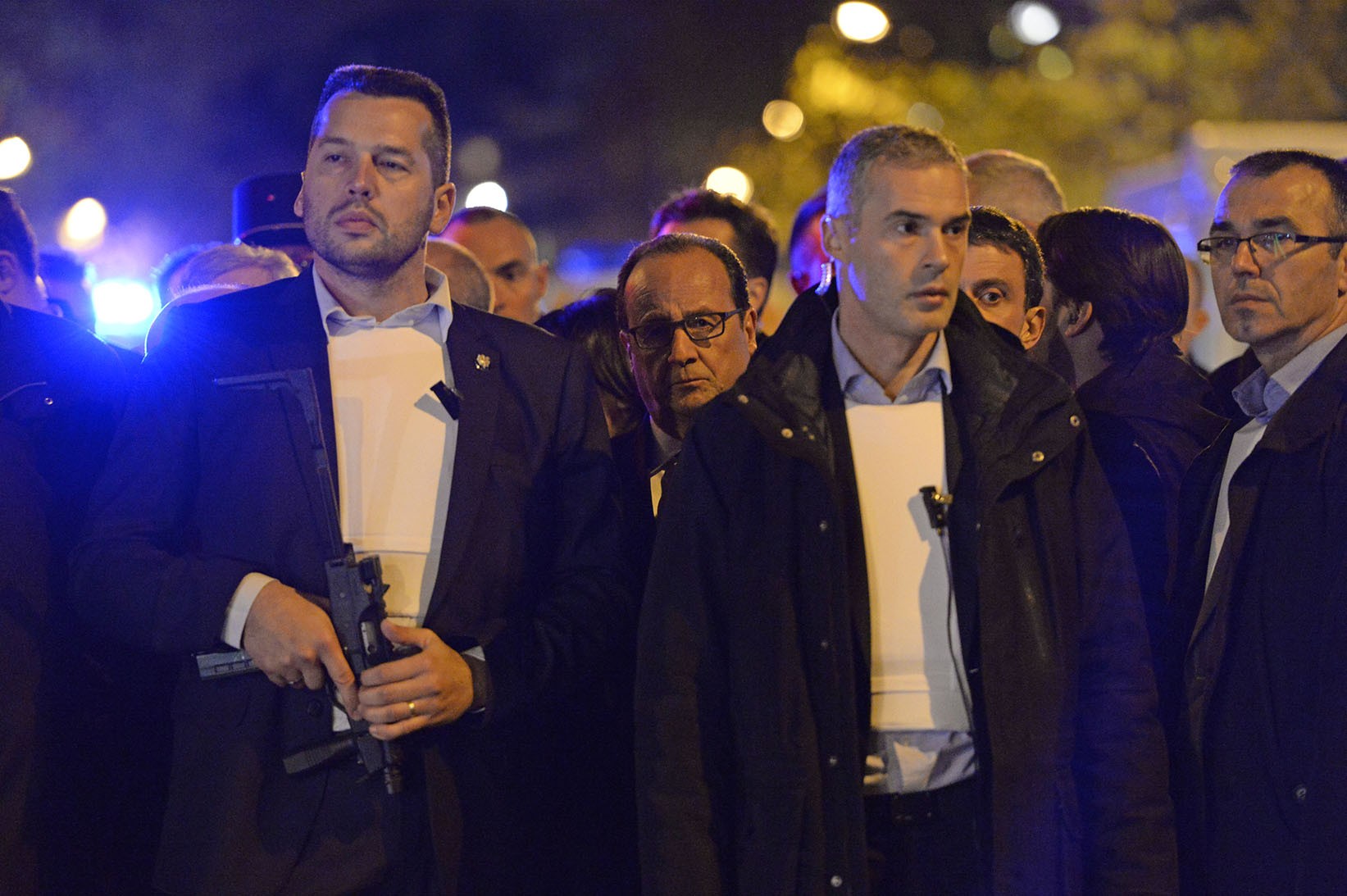
What Could Provoke the Attack?
Former director of United States National Counterterrorism Center Michael Leiter in his NBC interview said: “The attacks show a level of sophistication we really haven’t seen in an urban area since 2008 in the attack in Mumbai in India.”
A massive attack like this requires many weeks of preparation for studying the target locations, choosing people who will administer the attack, equipping them with arms and explosives, so no recent events could have served its immediate cause.
If ISIS is behind the attacks, it may be explained by the change of balance of forces in the Syrian war. The latest failure the group experienced was on November 13. Peshmerga Kurdish forces supported by American air forces captured the strategically important Sinjar city. This cut the highway connecting Raqqa, the ISIS capital in Syria, and Mosul in Iraq, which will make the provision for the Syrian group of Islamists considerably more difficult.
A symbolic event also happened yesterday. Pentagon representatives announced that a drone strike killed Jihadi John, a Kuwait-born British national Mohammed Emwazi. He is famous for the ISIS videos where he cuts off the heads of Western hostages.
ISIS cannot win with military power, they can however strike on the home front. More than 100 dead in the Ankara terror attack, a Russian plane exploding over Egypt, 43 victims of yesterday’s terror attack in Beirut, a terror attack in Paris - all of these may be parts of one terror campaign, a gesture of despair of those who are about to face defeat.
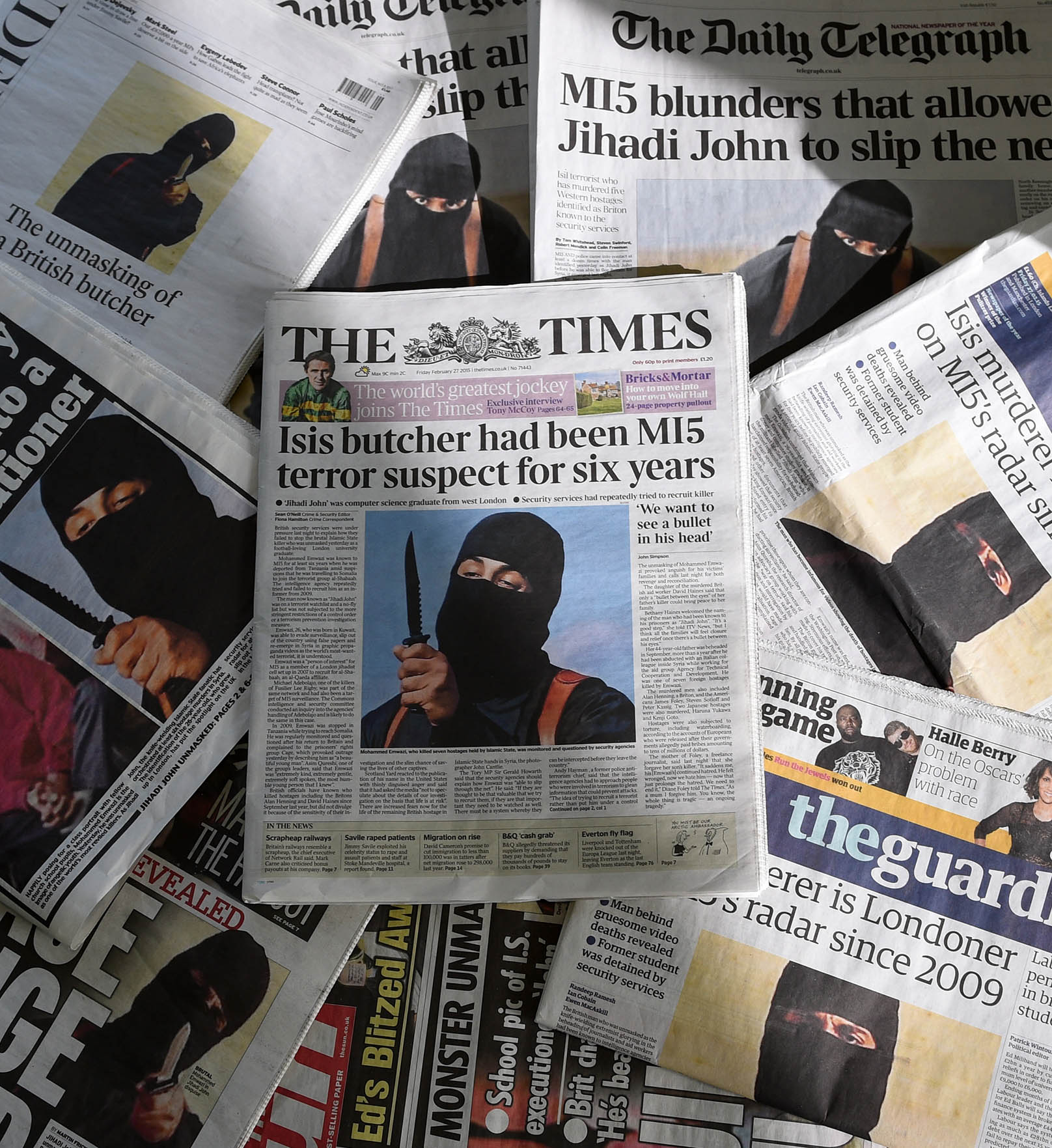
How Will France Respond?
President Hollande said that the response to the terror attacks will be “ruthless”, but we have to admit that his options are limited. A nuclear strike on ISIS will not happen, a land operation without US backup is not possible, and the only aircraft carrier France has was already sent to Syria 10 days ago. The only ones who can respond to the ISIS challenge are French pilots with more frequent strikes, and the secret services with punishing the radical Islamists.
Socialist Francois Hollande has even fewer options for ruthlessness internally. France ranks first in Western Europe with the number of Muslims who live there — around five million people. Regular unrest in the suburbs of big cities proves that they get pretty nervous when their rights or safety are compromised.
How Will the Terror Attacks Impact Ukraine and Russia?
The connection between the attacks and any of the Islamist groups draws the world’s attention to the Middle East and away from Donbass that lives with an unstable truce. Meanwhile, the number of firefights there has increased again.
What the Prime Minister of Russia Dmitry Medvedev said following the terror attacks in Paris confirms the opinion that Russia would like to use its operation in Syria to improve relations with the Western countries and is presenting it as the war with the common enemy: “The tragedy in Paris demands that we unite in the fight against extremism, and give a firm and resolute rebuff to the terrorists.”
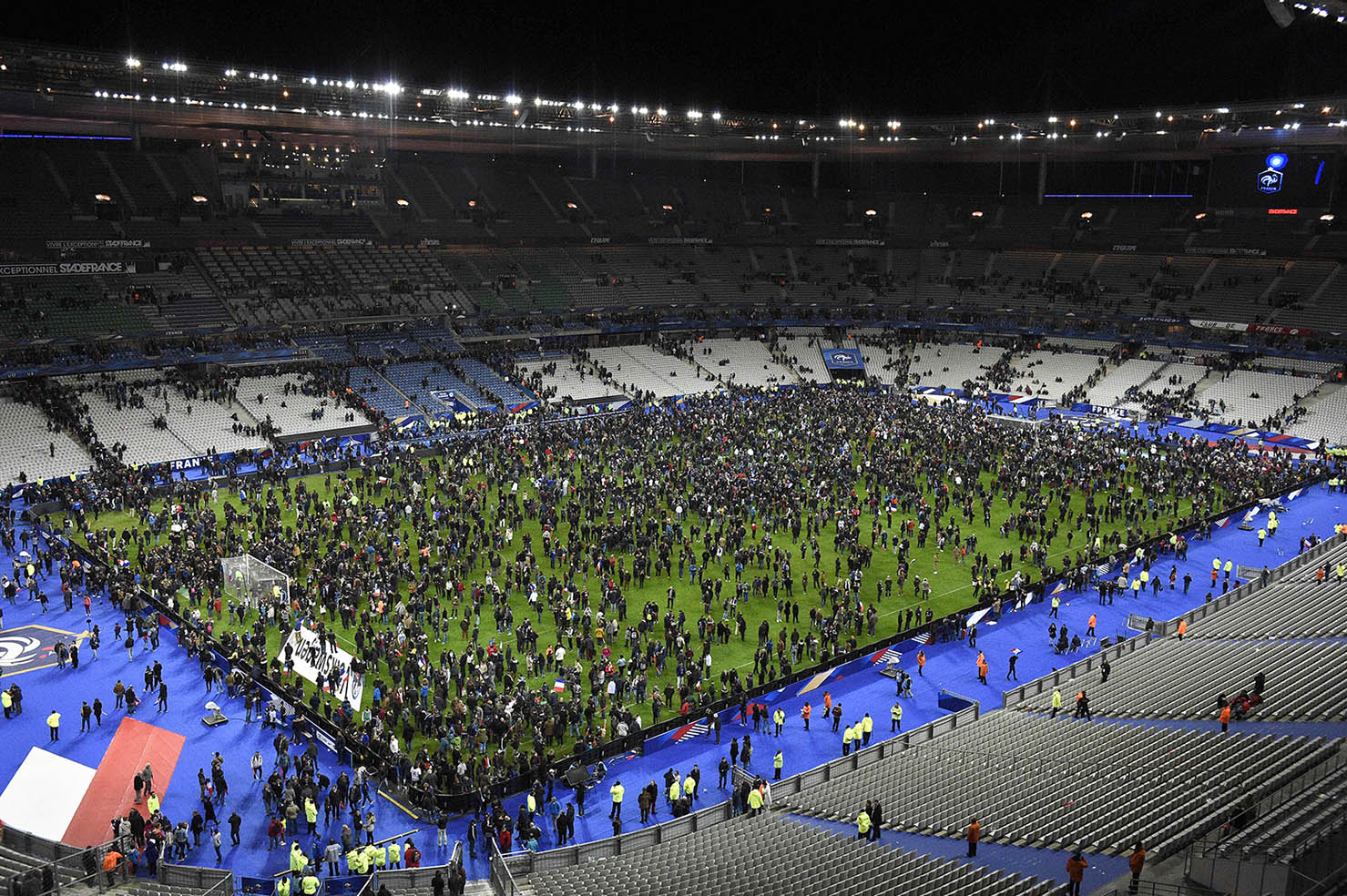
Where Will the Next Strike Land?
The death of eight attackers this night, the effort of the secret services to locate their accomplices, and increased safety measures in public places will make Islamist radicals in France lie low, and it is unlikely that big-scale terror attacks would happen anytime soon.
The new apparent targets for the Islamic State are the participants of the American coalition that is bombing Syria. The militants will have to choose between killing their fellow Sunnis (Bahrain, Jordan, Qatar, Saudi Arabia, Turkey) or carrying out operations overseas in the countries with well-developed safety systems (USA, Canada, Australia).
This is why Great Britain, which has 2.7 mln Muslims internally, currently looks like the most vulnerable. A trip from Paris to London takes 2h 15m by train, and there is no border control between the countries.
New and best
